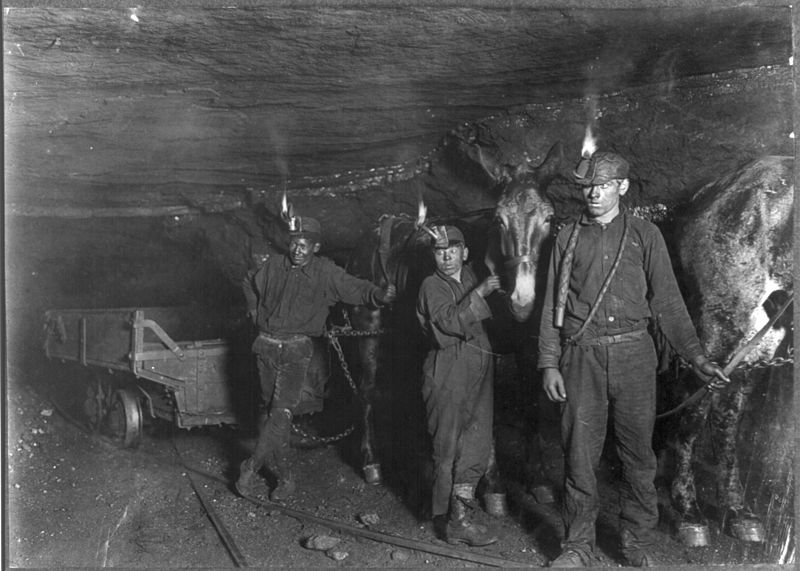In any case, here's what Mark C. Taylor, a department chair at Columbia, has to say about one particular problem in this domain:
[Kant, in his 1798 work “The Conflict of the Faculties,” wrote that universities should “handle the entire content of learning by mass production, so to speak, by a division of labor, so that for every branch of the sciences there would be a public teacher or professor appointed as its trustee.”]
Unfortunately this mass-production university model has led to separation where there ought to be collaboration and to ever-increasing specialization.
Unfortunately this mass-production university model has led to separation where there ought to be collaboration and to ever-increasing specialization.
 Sounds like a very good illustration of how a recipe for success has become a recipe for disaster. In the 19th century [post-Kant's time] the Prussian mass-production approach to education created the best school and university system in the world. Only now, when knowledge becomes obsolete every 10-20 years, we are beginning to understand its limitations. One important reason to consider here would be the change in student motivation. In the 19th and early 20th century, if a child did not study hard, he would end up working long arduous hours on a farm, in a factory, or a coal mine. For those who could afford it, choosing education was a no-brainer, because it presented a superior life-style alternative. Now, a) kids don't have to work to support the family; b) they have a lot more distractions (TV, computer games, Internet, and etc); b) the process of education takes 12-16 years and is totally detached from practical purposes ( except for computer programming, maybe).
Sounds like a very good illustration of how a recipe for success has become a recipe for disaster. In the 19th century [post-Kant's time] the Prussian mass-production approach to education created the best school and university system in the world. Only now, when knowledge becomes obsolete every 10-20 years, we are beginning to understand its limitations. One important reason to consider here would be the change in student motivation. In the 19th and early 20th century, if a child did not study hard, he would end up working long arduous hours on a farm, in a factory, or a coal mine. For those who could afford it, choosing education was a no-brainer, because it presented a superior life-style alternative. Now, a) kids don't have to work to support the family; b) they have a lot more distractions (TV, computer games, Internet, and etc); b) the process of education takes 12-16 years and is totally detached from practical purposes ( except for computer programming, maybe).What are we to do to improve the system?
No comments:
Post a Comment